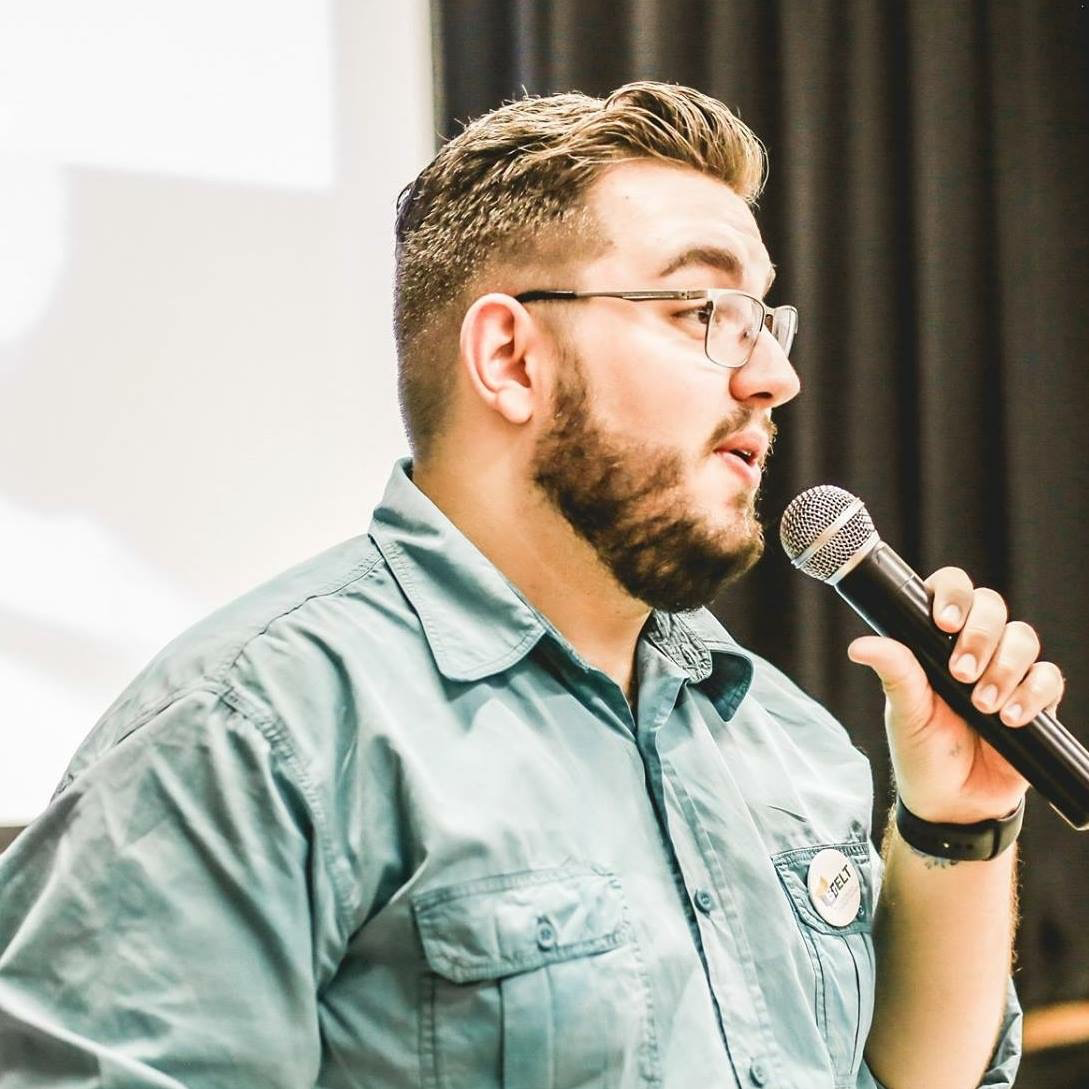Be the change you want to see in your school
Two weeks ago, at the Independence Day holiday, I had the pleasure of moderating a BrELT Chat with one of the sweetest people you will ever meet at the BrELT on the Road 2018: Veruska Gallo. Our discussion was focused on bringing professional development to the school we work for.
DISCLAIMER: this is not a summary of what happened, but an overview of my rushing thoughts during the session.
We kicked off the discussion by asking what the CPD initiatives their school offered were.
Silence. A disturbing and suffocating silence that clearly illustrated how professional development is seen in most language institutes and schools in Brazil.
In my first job, where I worked for 7 years, we had very limited CPD initiatives and the few there were available did not solve the problems teachers were facing in class. Thanks to the school owner, I had the chance of taking the TKT Prep Course back in 2011 – the first formal training I had in my career – which completely changed the way I faced the coursebooks we used and helped me notice weaknesses in my teaching. At that moment, it dawned on me that every single teacher in my branch should have access to what I had been learning because, hopefully, they would feel as I was feeling: enchanted by a ‘non-instinctive’ way of planning my lessons. Do you know what I’m talking about?
Later that year, I was invited to become the pedagogical coordinator of the very same branch and one of my initiatives was to share what I had learned during the TKT input sessions. Touché! This was the very first hit on meaningful CPD to the context we had.
Interested in knowing what happened next? Let’s go back to the BrELT Chat once again.
One of the teachers said that professional development is not considered a priority by the school
Well, what’s the news? Happily, this was not a problem for me at that time. It was very clear to all the administrators of the school that teachers worked in a rather instinctive way and they struggled with meeting students’ needs and expectations. So, basically, any help offered would come in hand.
Another participant of the chat said teachers at her school were resistant to CPD initiatives
Oh, yes. That was a problem I faced not only at that time, but throughout the following six years I promoted teacher development for all the six branches for the same franchisee. Wallace (1991, p.3) says that education can be provided by others, but development is only done by and for oneself. In other words, if the CPD is top-down (school-teacher), chances are it is not going to be successful. However, when we have a bottom-up (teacher-school) scenario, development is more likely to happen.
That’s exactly how it went. Most of the teachers were extremely interested and accepted the opportunity and revisited their instinctive practices and changed what needed changing. On the other hand, a couple of teachers were extremely resistant to changes and the outcome was far from being the same. They either felt they were too experienced to attend the sessions or that their practices were enough because, after all, their students had been learning English so nothing was wrong.
DISCLAIMER (2): If you will keep on reading this post to find the solution for the problem I’ve just presented, don’t! After 6 years working with teacher development, I still don’t know how to solve it. What I can say is that I tried to bring teachers to the light of development by taking them to conferences and meeting incredible ELT professionals. Did it work? For some of them.
The same participant who brought the last problem said: it is difficult and expensive to attend courses for teachers
That’s definitely something to be looking at. We can’t simply wave the flag of professional development without providing teachers with tools to do so. Courses for teachers might be expensive and we all know that time and distance are major constraints. That’s what made me join BrELT. A free online space that promotes professional development that passed through the sieve of difficulties and left no room for excuses.
“Courses are expensive” = There are free chats and webinars at BrELT
“Training centers are far away” = BrELT is online through social media
“I don’t have time” = Everything at BrELT can be revisited anytime you want.
Basically, BrELT helped me bring my teachers to a much bigger community of people who shared the same pains and worries and that’s the magic of collaborative CPD environment: we try to find a solution together. We discuss, we share, we give feedback. That’s the golden yellow brick road of CPD.
At the end of the chat, Veruska and I suggested different ways of bringing CPD to the participants’ reality and hopefully, that made the difference to them somehow (looking forward to receiving feedback on that).
After this reflection, I come to the conclusion that the choice of words for the title of the chat was poor. It should have been promoting CPD rather than bringing CPD. Perhaps we need more than promotion… We need seduction by CPD. I’ll be thinking in strategies for that from now on and try to bring more effective suggestions on the next BrELT on the Road. Pinky promise!





